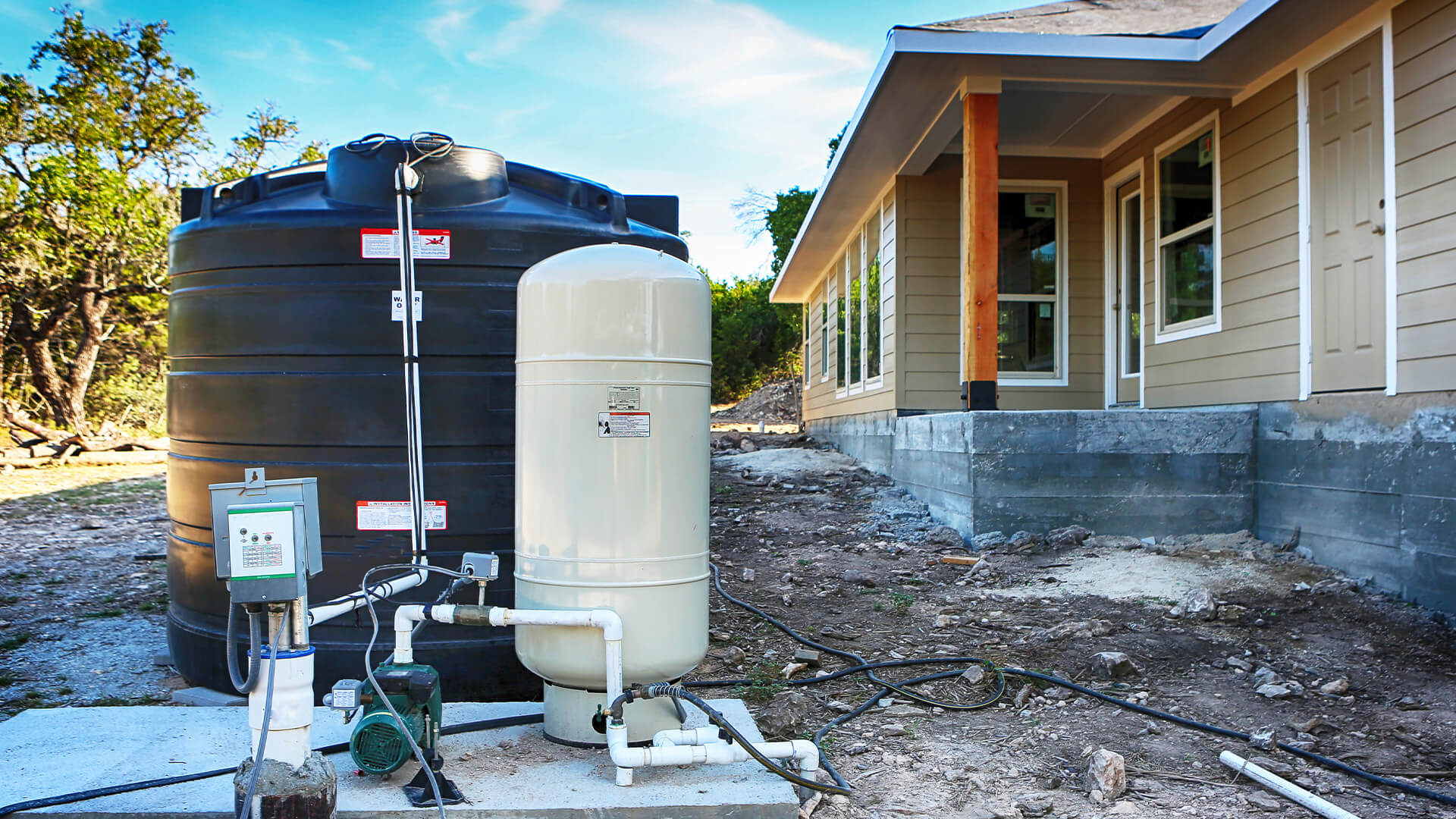Using bleach in a septic tank can be harmful as it kills beneficial bacteria needed for waste breakdown. This can lead to system inefficiency and potential damage.
Maintaining a septic tank involves being mindful of the products used in household cleaning. This includes being cautious when using bleach, as it can harm the natural balance of bacteria in the septic tank. The beneficial bacteria within the tank are essential for breaking down waste.
By using bleach, these bacteria can be compromised, resulting in a less efficient system. Understanding the impact of different household products on septic tanks can help in making informed choices for maintaining a healthy and functional system.
Understanding Septic Tanks And Their Bacterial Ecosystem
When it comes to understanding septic tanks and their bacterial ecosystem, it’s essential to comprehend how septic tanks work. These systems rely on a delicate balance of beneficial bacteria to break down waste effectively. The role of bacteria in septic tanks is crucial, as they are responsible for decomposing organic matter, preventing the build-up of solids, and maintaining the overall health of the system. However, the impact of bleach on septic tank bacteria can be detrimental. Bleach is known for its antibacterial properties, which means it can kill both good and bad bacteria. This can disrupt the balance of the septic tank’s bacterial ecosystem and lead to potential issues such as clogging and inefficiency in waste breakdown.

Credit: m.youtube.com
Using Bleach Safely With A Septic Tank
Using bleach with a septic tank requires caution and awareness of the potential negative effects on the septic system. Guidelines for using bleach in a septic tank include minimizing its use and opting for alternative cleaning solutions whenever possible. While bleach can impact the bacteria balance in the septic tank, there are safe cleaning products that can be used to clean while preserving the septic system’s integrity. Understanding the risks associated with using bleach with a septic tank is essential for maintaining a healthy and functioning septic system.
Risks And Consequences Of Using Bleach In Septic Tanks
Using bleach in septic tanks can have severe consequences. The potential damage to septic tanks is significant, as bleach kills beneficial bacteria that are essential for breaking down waste. This can lead to clogging and inefficient waste breakdown. Moreover, health and environmental concerns arise due to the release of harmful chemicals into the soil and water. To avoid bleach-related issues with septic systems, it is advisable to use septic-safe alternatives and limit the use of bleach-based cleaners. By taking these precautions, you can ensure the well-being of your septic tank and protect the environment.
Frequently Asked Questions For Can You Use Bleach With A Septic Tank
Will Bleach Mess Up A Septic Tank?
Using bleach in a septic tank can be damaging because it kills the beneficial bacteria necessary for waste breakdown. It’s best to avoid bleach to maintain a healthy septic system.
What Cleaning Products Can You Use With A Septic Tank?
Bleach can harm a septic tank by killing beneficial bacteria. Avoid using harsh chemicals and opt for septic-safe cleaners like baking soda and vinegar. These natural alternatives help maintain the bacterial balance necessary for a healthy septic system.
Can You Use Clorox Toilet Cleaner With A Septic System?
Using Clorox toilet cleaner with a septic system is not recommended. Chlorine bleach can harm the beneficial bacteria in the tank essential for waste breakdown, possibly leading to clogs and expensive repairs. Look for alternatives labeled as septic-safe.
Is Clorox Color Safe Bleach Safe For Septic Systems?
Clorox color safe bleach is not safe for septic systems. Bleach kills good bacteria essential for waste breakdown, leading to system clogging.
Conclusion
It’s best to avoid using bleach with a septic tank, as it can disrupt the essential bacteria needed to break down waste. Instead, opt for septic-safe cleaning products to maintain the balance in your system and prevent potential damage. By following these guidelines, you can support the health and longevity of your septic system.

